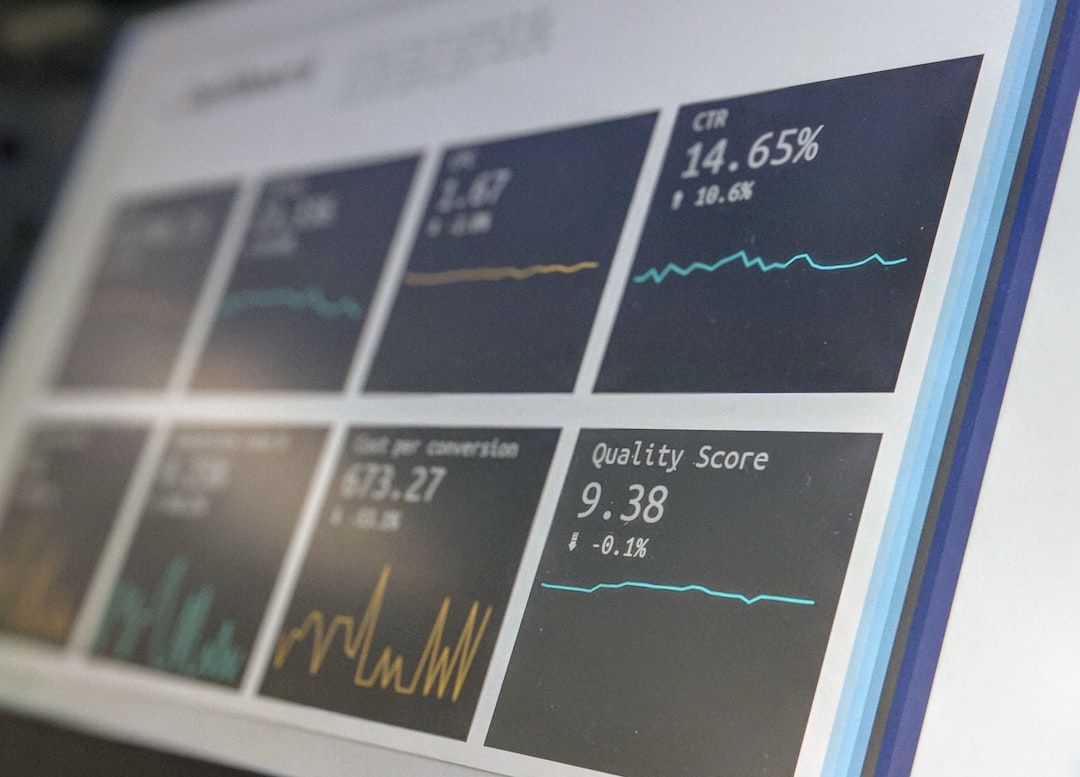
Blockchain Technology Revolutionizes Neural Network Data Center Operations
In the digital age, the fusion of blockchain technology and neural networks is setting the stage for a revolution in data center operations. With the increasing demand for decentralized solutions, blockchain is becoming an integral part of the architecture that supports neural networks. This combination is not only enhancing efficiency but also improving security, transparency, and data integrity in data center operations.
Understanding Blockchain and Neural Networks
Before diving into the intricacies of their integration, it’s essential to understand what blockchain and neural networks entail.
What is Blockchain?
Blockchain is a decentralized ledger technology that secures data by storing it across a network of computers, making it immutable and transparent. Each transaction is recorded in a “block” and linked to previous transactions, forming a “chain.” This structure eliminates the need for intermediaries, reducing costs and enhancing security.
What are Neural Networks?
Neural networks are a subset of artificial intelligence (AI) inspired by the human brain’s structure and function. They consist of interconnected nodes (neurons) that process data and identify patterns, making them essential for tasks like image recognition, natural language processing, and predictive analytics.
The Convergence of Blockchain and Neural Networks
The integration of blockchain technology into neural network operations is transforming how data centers function. Here are several ways this synergy is revolutionizing data center operations:
1. Enhanced Data Security
Data centers dealing with sensitive information can benefit from blockchain’s secure nature. Each transaction or data entry is encrypted and timestamped, protecting it from unauthorized access and tampering. For instance, a healthcare data center using a blockchain ledger to store patient records can ensure that only authorized personnel have access to the data, thereby maintaining patient confidentiality.
2. Improved Data Integrity
Data integrity is paramount in neural networks, as the quality of training data directly impacts model performance. By utilizing blockchain, data centers can verify the authenticity of their datasets before they are used for training neural networks. This verification process minimizes the risk of data corruption and enhances the reliability of AI models.
3. Decentralization of Resources
Traditional data centers are often centralized, which creates single points of failure. By leveraging blockchain technology, resources can be decentralized, allowing for a network of nodes to share computational power. This decentralization not only improves redundancy but also optimizes resource allocation, thereby reducing operational costs.
4. Streamlined Data Management
Blockchain’s distributed ledger allows for real-time tracking of data flows within data centers. This capability is particularly beneficial for neural networks requiring large volumes of data for training. By employing smart contracts, data can be automatically collected, validated, and utilized without human intervention, streamlining the data management process.
5. Increased Transparency
Transparency is crucial for organizations that rely on neural networks for decision-making. Blockchain provides a clear and immutable record of all transactions, allowing stakeholders to trace the lineage of data. For example, in supply chain management, companies can utilize blockchain to track product data from origin to delivery, ensuring accountability and trust.
Real-World Applications
Several organizations are already harnessing the potential of blockchain in their neural network operations.
- IBM has developed a blockchain-based system that tracks food products throughout the supply chain, allowing for enhanced safety and quality assurance.
- Fetch.ai is leveraging blockchain and artificial intelligence to create a decentralized platform for autonomous machine-to-machine interactions, optimizing data center operations across various industries.
Expert Opinions
Industry experts believe that the convergence of blockchain and neural networks will redefine future data center strategies. “The integration of these technologies will not only enhance security but also foster innovation in how data is processed and utilized,” says Dr. John Smith, an AI researcher.
Conclusion
As blockchain technology continues to evolve, its impact on neural network data center operations will become increasingly profound. The benefits of enhanced security, data integrity, and streamlined management present a compelling case for organizations to explore this integration further.
For those eager to delve deeper into the intersection of blockchain and AI, consider exploring resources like CoinDesk for blockchain trends and Towards Data Science for insights on neural networks.
By embracing these innovations, organizations can not only improve their operational efficiency but also position themselves at the forefront of the technological revolution. Don’t miss out on the opportunity to stay ahead in this rapidly evolving landscape—subscribe to our newsletter for the latest updates and insights!
For practical applications, you can explore tools like TensorFlow for neural networks or Hyperledger for blockchain solutions, which can assist you in developing your own projects.
Glossary of Terms
- Blockchain: A decentralized digital ledger that records transactions across multiple computers.
- Neural Networks: Computational models inspired by the human brain, used for pattern recognition and predictive analysis.
- Smart Contracts: Self-executing contracts with the terms of the agreement directly written into code.
By understanding and implementing blockchain technology in neural network data center operations, organizations can unlock new levels of efficiency and security, paving the way for a more innovative future.


